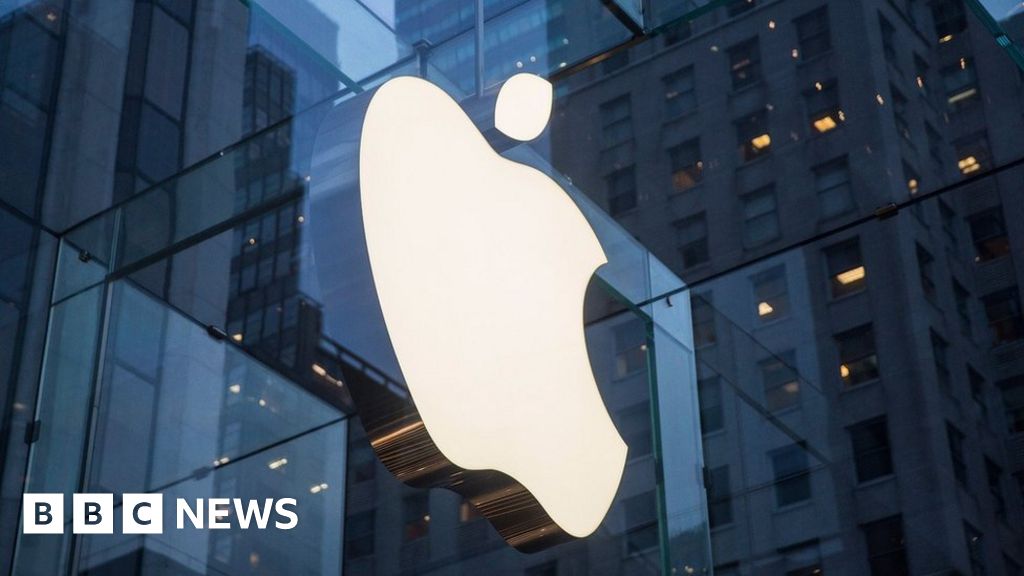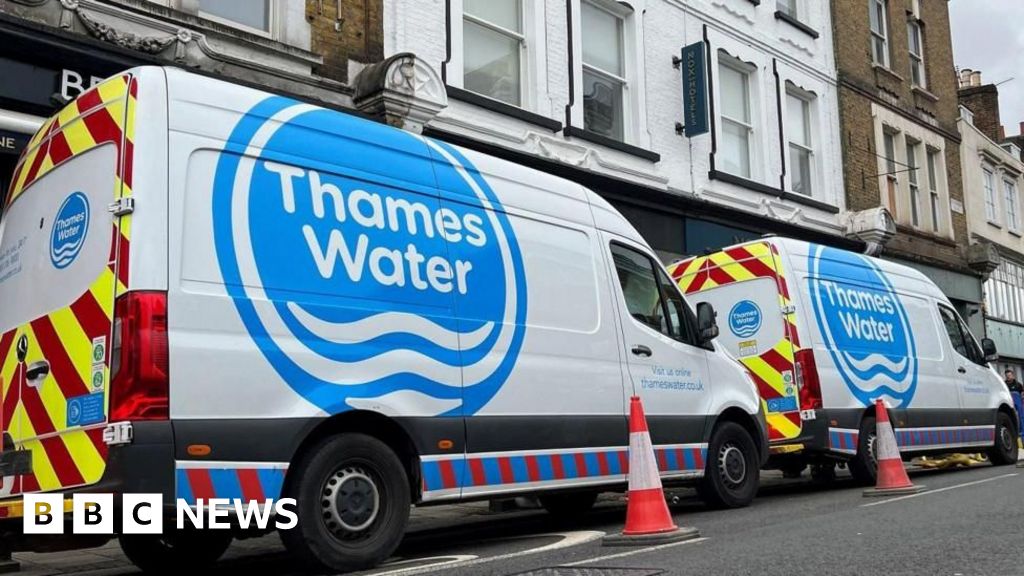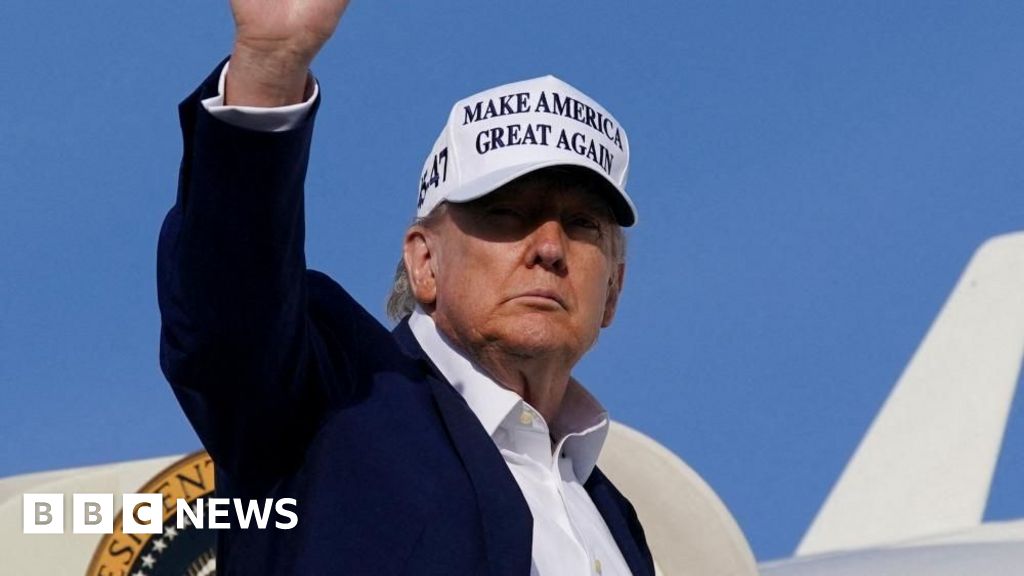Last week, GOP front-runner Donald Trump pledged to create a new government-operated online university. Taking a page from the Sanders-Biden “free college” playbook, Trump’s “American Academy” would issue free degrees while applying National Conservatism’s taste for big government and industrial policy to higher education. The scheme would be funded by a tax on the endowments of deep-pocketed private universities.
This isn’t Trump’s first foray into higher education, of course. During the aughts, The Trump Organization owned and operated “Trump University,” a real estate training program that collapsed into bankruptcy amidst a slew of investigations and lawsuits. Well, now Trump has a new idea. While it always feels a bit odd to take Trump’s policy proposals too seriously (since it’s not clear he intends for them to be taken that way), this one deserves a closer look.
The American Academy might sound pretty good to those frustrated by the self-indulgence, bloat, … [+]
Getty Images
In calling for Uncle Sam to establish a free, degree-granting institution with public funds, Trump has adopted an Obamacare approach to tackling higher education (insert ironic aside here). In the announcement video, Trump promised, “Whether you want lectures, or ancient histories, or an introduction to financial accounting, or training in a skilled trade, the goal will be to deliver it and get it done properly using study groups, mentors, industry partnerships, and the latest breakthrough in computing.”
There are appealing elements here. “Free college” tends to poll well, for obvious reasons. We do need to accelerate efforts to use online delivery to slash costs, support worker retraining, and make postsecondary education more convenient. There is an urgent need to reduce the demand for student loans (which, thanks to the Biden administration, are increasingly giveaways for which taxpayers will be stuck with the tab). Trump’s promise that his new college would have no “wokeness or jihadism” is especially timely.
All of this is why the American Academy might sound pretty good to those frustrated by the self-indulgence, bloat, rigidity, and ideological tilt of higher education. But it shouldn’t. The promising bits are swamped by the worrisome ones.
For those who recall Trump’s recurring promises to “drain the swamp,” the idea of putting federal bureaucrats and hangers-on in charge of the “American Academy” should seem like a bad joke. This is the same government that runs the IRS, got defrauded of hundreds of billions in pandemic relief, and that is mind-numbingly behind in updating air traffic control or the nation’s bridges. This is who we should trust to promote efficiency and convenience in higher education? And, in lieu of conservative efforts to ensure that students are sensibly protected from lousy outcomes but that both they and colleges have skin in the game, Trump is proposing a game-show host’s giveaway.
Then there’s the fact that Trump famously couldn’t control his own administration as president. His executive order protecting free inquiry on campus proved to be a nothingburger. In four years, he took no concrete steps to address the excesses of woke ideology in schools or on campus. The bureaucrats who ran roughshod over him last time would be the same ones now entrusted with creating, implementing, and running his brainchild.
And that, of course, ignores the surety that a future successor would bend Trump’s handiwork into a very different shape. Just as the Biden administration used Trump’s student loan repayment “pause” as an excuse to give away $200 billion in taxpayer funds, keeping it in place long after the pandemic ended, future administrations would be free to bend this new Academy to their own ends.
The biggest issue, though, is how the proposal distracts from more fruitful ones. Trump has called for overhauling college accreditation so as to create room for new providers, put a focus on performance, and challenge ideological orthodoxy. This is a serious way to promote healthy, cost-based competition in higher education. The idea of a big, “free,” government-funded, bureaucrat-managed provider is antithetical to that proposal.
If colleges are echo chambers for postmodern lunacy, a more targeted and effective response is to ensure that public funds no longer underwrite students and research at institutions that violate the core tenets of free inquiry. If Trump wants to ensure that wealthy institutions with bloated, tax-free endowments are contributing some modest amount in return for the fortune they collect in taxpayer subsidies, that’s fine. But there are far better ways to deploy those funds.
Graham Hillard, of the conservative James G. Martin Center for Academic Renewal, has it just right, predicting “that such a program would become a wasteful and unkillable money pit, competing with established schools poorly, attracting few students, and generating terrible outcomes.” Hillard says, “This proposal sounds like a boondoggle.” It sure does.
Were Trump to reclaim the White House, it’s tough to imagine this would be a priority and even tougher to imagine him convincing Congress to enact and fund the “American Academy.” So, this is unlikely to go anywhere. Even so, there are real challenges in higher education and Republicans are well-positioned to tackle them. Bad ideas aren’t costless when they distract policymakers from that project.
Credit: Source link










